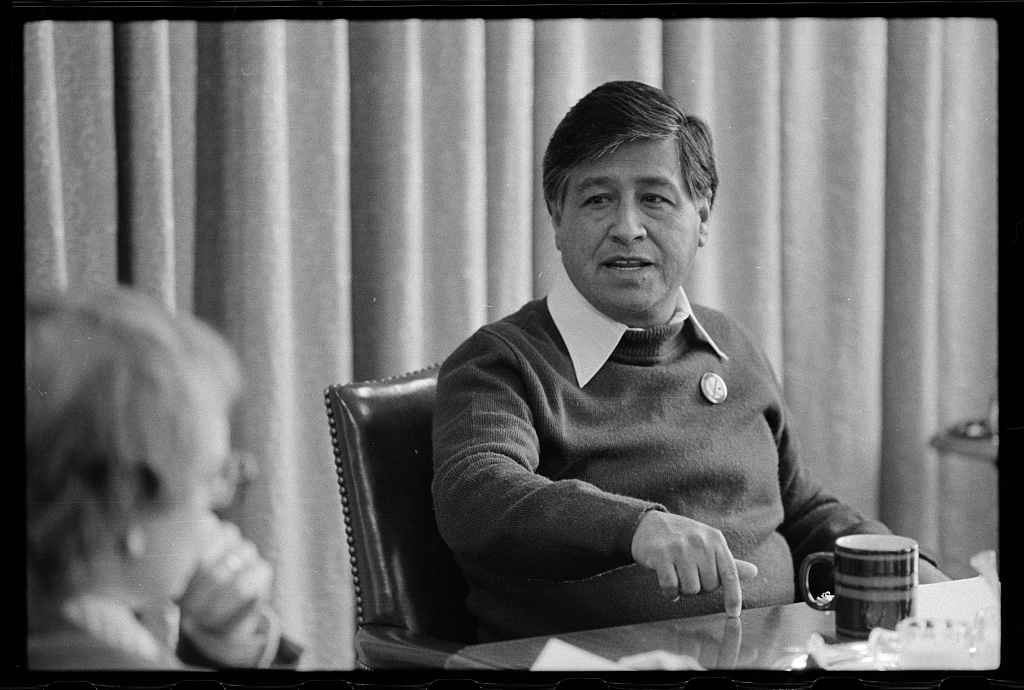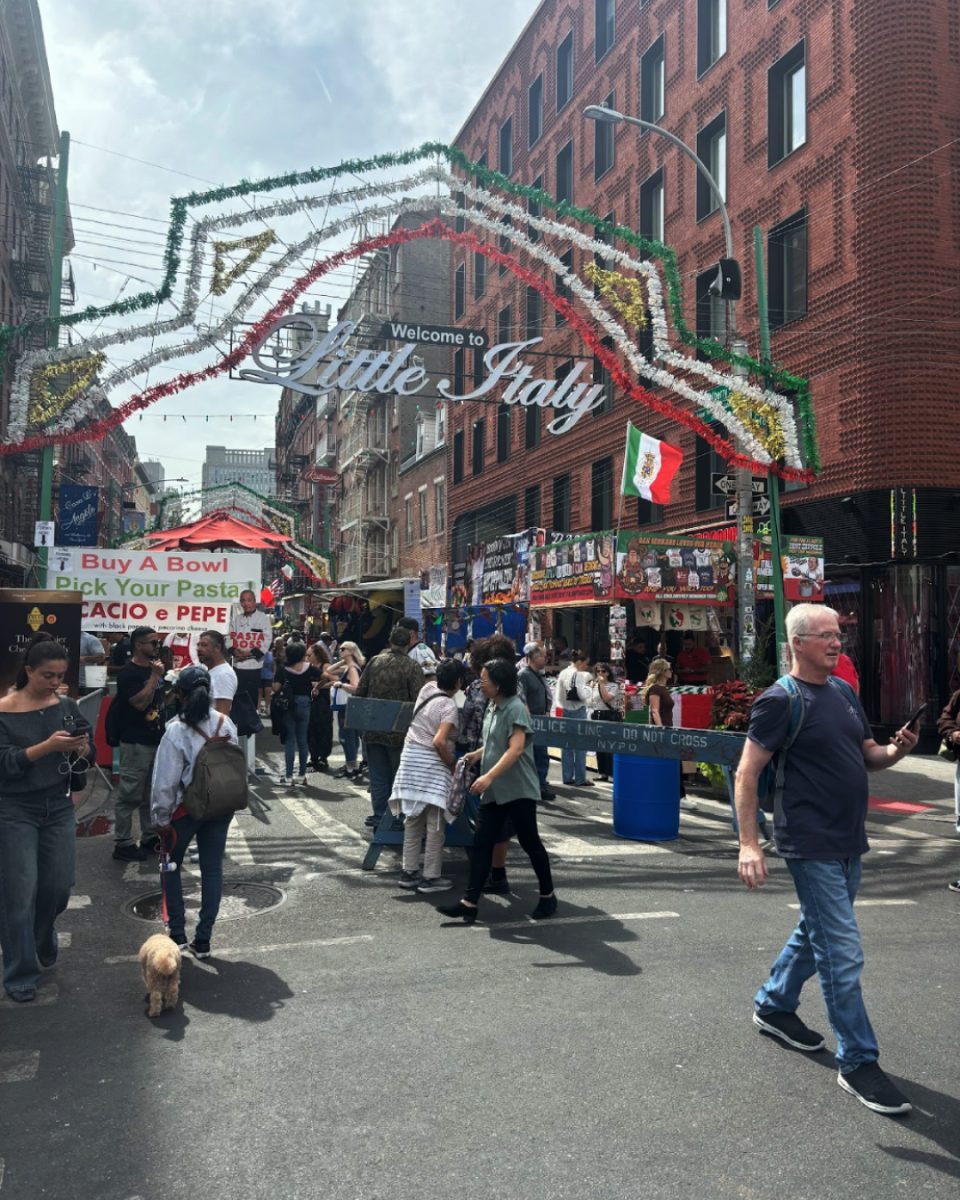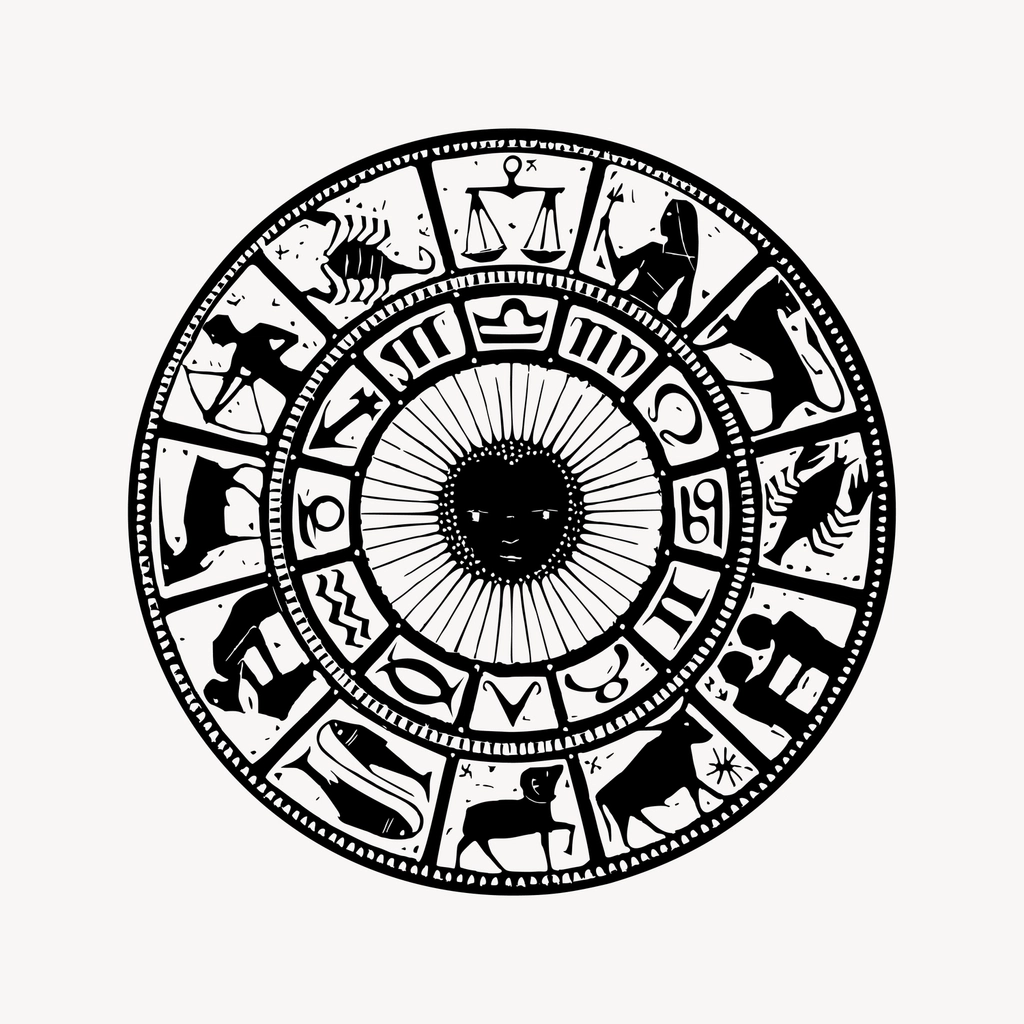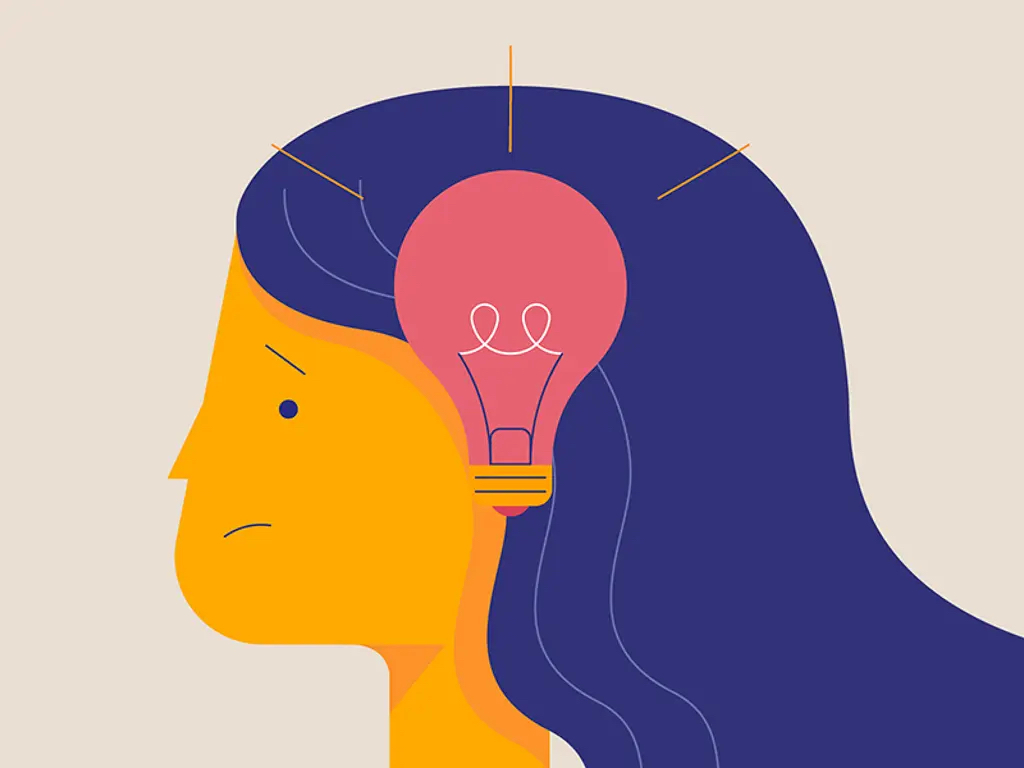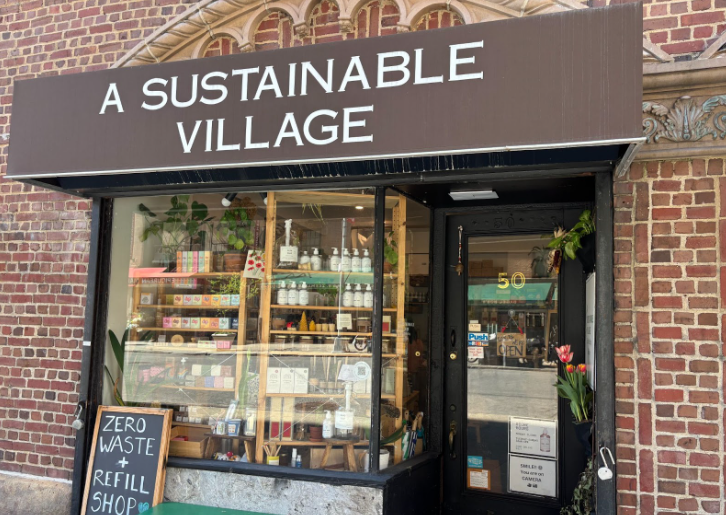Sep. 15 starts Hispanic Heritage Month, a month in which Hispanic culture, history and arts are recognized and celebrated. This year’s theme is “Pioneers of Change: Shaping the Future Together,” recognizing the impact of Hispanic pioneers whose work and resilience have made a more inclusive future a reality. This list of four iconic and influential Latinos reflects this year’s theme, honoring the trailblazers who helped pave the way for Hispanics worldwide through culture and activism.
Celia Cruz
Regarded as one of the most influential and successful Latin artists of all time, the “Queen of Salsa,” Celia Cruz continues to inspire generations of artists through her music. Throughout her decades-long career, she sold over 10 million records and won two Grammys and three Latin Grammys. Cruz started her career in her native Cuba and was inspired by Afro-Cuban genres such as guaracha, bolero, rumba and salsa. She became a sensation throughout Latin America and the United States through her group, Sonora Matancera, before debuting as a solo artist. After facing exile from her home country because of the Cuban Revolution, she became a voice for Cubans and other Latinos living in the diaspora. Cruz was one of the first Afro-Latinas to break out into the mainstream and face many struggles because of it. Many Hispanic artists, such as reggaeton artist Ivy Queen, credit Cruz for opening doors for them that would not have been possible without her resilience. Celia Cruz’s accolades include being awarded the National Endowment of the Arts by President Bill Clinton in 1994 and being the first Afro-Latina to appear on a U.S. coin. Celia Cruz passed away on July 16, 2003, and left behind a legacy that continues to inspire.
Cesar Chavez
Cesar Chavez, one of the most recognizable and influential civil rights activists, fought to give every worker the fundamental right to survive and succeed. Born in Arizona in 1927 to a Mexican-American family, Chavez worked on farms, handling poor working conditions and wages. In 1962, Chavez and activist Dolores Huerta founded the United Farms Workers, a union whose mission is to fight for the rights of farm workers nationwide. He led boycotts and strikes through this organization, including the Delano Grape Strike, a five-year nationwide boycott of California grapes due to unlivable wages. Chavez inspired generations of activists through his speeches and nonviolent resistance and helped pass laws such as the California Agricultural Labor Relations Act that helped thousands of farm workers. Cesar Chavez died in 1993, and a year later, he was posthumously awarded the Presidential Medal of Freedom for his work and achievements.
Juan Gabriel
As one of Latin America’s most celebrated songwriters and performers, Juan Gabriel’s legacy can be felt through the countless generations of artists he’s inspired. Born in Michoacán, Mexico, in 1950, Gabriel fell in love with songwriting after meeting his schoolteacher and mentor, Juan Contreras. After much struggle to start his career, Gabriel moved to Mexico City in 1971 and landed a record deal with RCA Victor. His distinct flamboyant performance style made him a standout in the music landscape at the time, crediting him with redefining Latin pop and Mexican music. Gabriel wrote over 1,800 songs and sold over 40 million records. Songs such as “Amor Eterno,” “Hasta que te conocí” and “El Noa Noa” are widely loved by all of Latin America. These songs have inspired Latino superstars such as Marc Anthony, Juanes and Luis Miguel, and we can hear Gabriel’s influence in their music. Juan Gabriel’s accolades include six Grammy nominations, two Latin Grammy wins, an induction into the Billboard Latin Music Hall of Fame and the Latin Songwriters Hall of Fame. Juan Gabriel died on Aug. 28, 2016, leaving behind a legacy that can never be forgotten.
Sylvia Rivera
A champion for queer liberation, activist Sylvia Rivera fought for queer civil rights starting from the Stonewall Riots and beyond, making it her mission to give a voice to the voiceless. Rivera was born in 1951 in New York City to a Puerto Rican father and a Venezuelan mother. Rivera had a rough childhood due to her gender identity and overall family issues. At 11 years old, Rivera ran away from home and started living on the streets of Times Square as a sex worker. Throughout this period, she was taken in by gay liberation activist Marsha P. Johnson and began her activism with civil rights organizations such as the Gay Liberation Front. Rivera and Johnson were both present and participated in the Stonewall Riots in 1969, an event that marked a new beginning for queer civil rights. Rivera always fought for the transgender and queer Latino community to be included and advocated for through the various organizations she was a part of. In 1971, Rivera and Johnson began the organization Street Transvestite Action Revolutionaries (STAR) to discuss and take action on issues facing the transgender community. During the 25th anniversary of the Stonewall Riots in 1994, she was honored for her contribution to the movement. Sylvia Rivera died in 2002 at 50 and left behind organizations such as the Sylvia Rivera Law Project to continue her life’s mission for liberation and equality.

